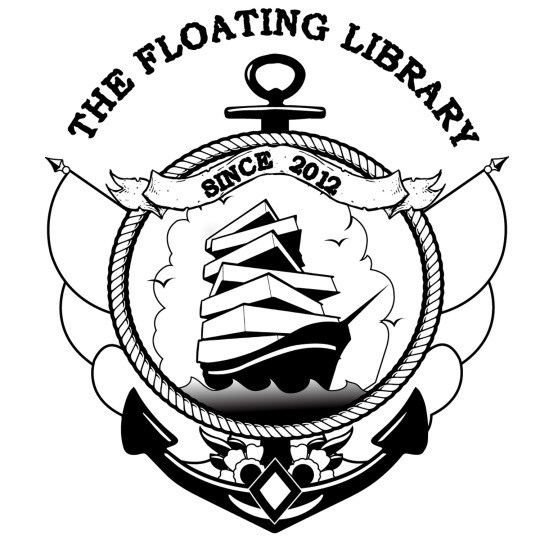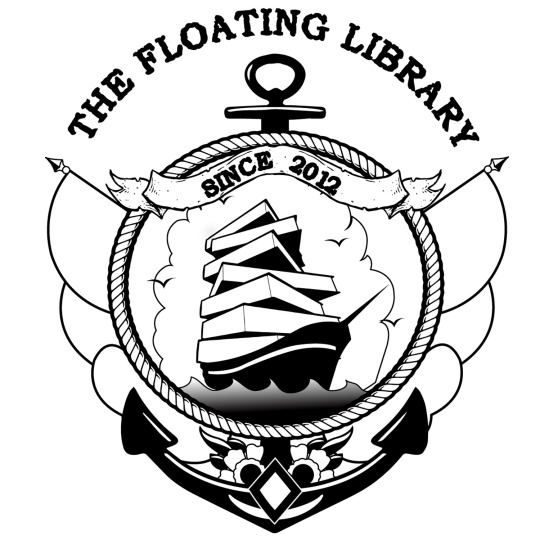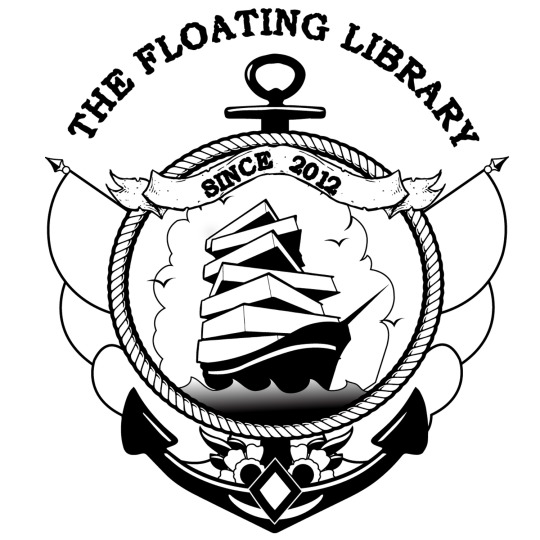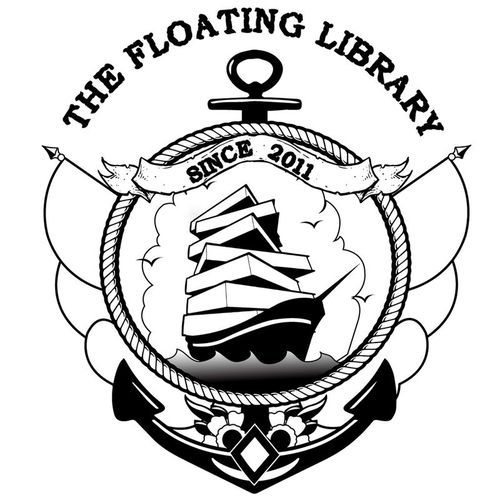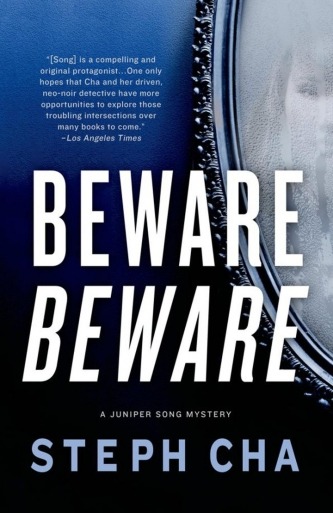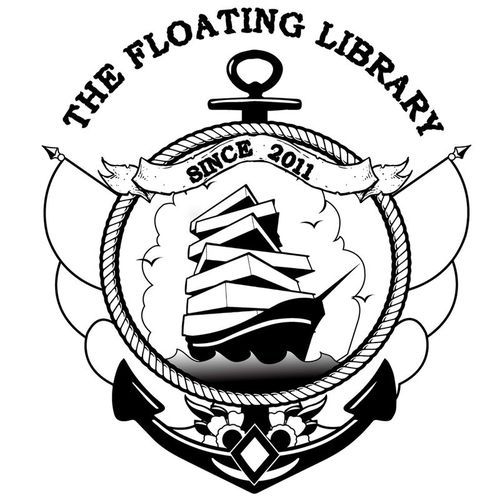
As in years past, and with the help of my Goodreads account, I’ve made a list of all 56 of the books that I read in 2014. It’s interesting to put these lists together because it illuminates things that I hadn’t given much thought to over the course of the year. For instance, I didn’t read much in the way of history or historical fiction – with one notable exception. I also didn’t read any of the expensive art books hogging my shelves, which I explicitly resolved to do last year.
That wasn’t the only thing I failed to do. Last year, exactly half the books I read were by female writers. This year the numbers skew more heavily toward men: 34 vs. 22. That’s “only” a six-book swing; but I strive for equity. I need to do better and will do better in 2015.
For this year’s list, I did away with a few categories and added some new ones. I’m reading a lot more books by musicians mainly because I’m working on one. I also added a category for books about sailors because there will always be room for nautical adventure in my life.
Remember, this isn’t a ranking but a record of my reading for the year and if I reviewed a title in The Floating Library or Los Angeles Times, I included the link. I reviewed a bit more than I have in the past and I hope that trend continues. In fact, my final installment of 2014 for The Floating Library will be my fiftieth column. Keep in mind these books weren’t all published in 2014 (though many of them were) they are simply the books I read during the 2014 calendar year. So here it is:
Books That Made Me Question the Worthiness of the Human Project
Canicule by Louis Armand
300,000,000 by Blake Butler
The Kills by Richard House
Ugly Girls by Lindsay Hunter
Mira Corpora by Jeff Jackson
The Last Illusion by Porochista Khakpour
Newtown: An American Tragedy by Matthew Lysiak
Rivers by Michael Farris Smith
It was a year of big bleak books and The Kills and 300,000,000 were the bleakest by far. It’s interesting that they both look to Roberto Bolano’s 2666 for inspiration. Louis Armand may be unfamiliar to many American readers – he’s an Australian living in Prague – but he’s published three novels over the last three years and they’re all excellent.
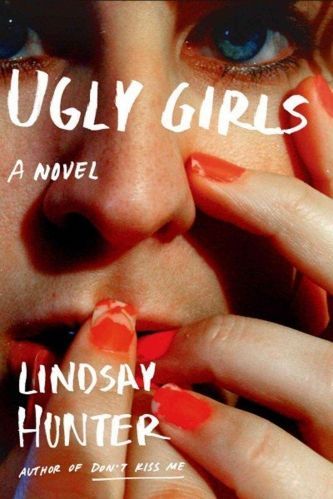
Books That Reaffirmed It
Made to Break by D. Foy
Deep Ellum by Brandon Hobson
Books About Sailors
Another Great Day at Sea: Life Aboard the USS George H.W. Bush by Geoff Dyer
McGlue by Otessa Moshfegh
One thought occurred to me over and over again while reading Otessa Moshfegh’s mini-masterpiece about a drunken sailor: Why the hell didn’t I write this book? (Perhaps because I lived it?) McGlue, to my mind, is just as good as The Collected Works of Billy the Kid by Michael Ondaatje, a book that is never very far from my thoughts. I suspect I’ll be reading McGlue again soon.
Books About Music & Musicians
The Dirty Version: On Stage, in the Studio, and in the Streets with Ol’ Dirty Bastard by Buddha Monk
Punk Rock Blitzkrieg: My Life as a Ramone by Marky Ramone
The Cure: Ten Imaginary Years by Steve Sutherland
Books That Zapped Me Into the Past
Sweetness #9 by Stephan Eirik Clark
Books That Anticipate the Future
Cairo by Louis Armand
Lock In by John Scalzi
Books That Don’t Rhyme
Scare Crone by Melissa Broder
Piano Rats by Franki Elliot
Dear Lil Wayne by Lauren Ireland
Death-Defying Acts by Erin Keane
If I Falter at the Gallows by Edward Mullany
I picked up almost all of these poetry collections at AWP and they were all memorable. I especially enjoyed the despairing humor in Ireland’s collection, which is somewhat reminiscent of Wenderoth’s Letter’s to Wendy’s and Mullany’s aphorisms are genius. Melissa Broder’s Scare Crone is really something else. There are poets and there are people who write poetry. What does that mean? I don’t know but when I read Broder’s work regions of my brain light up that would otherwise remain dark.

Books That Make Me Wanna Commit Some Crimes
Beware Beware by Steph Cha
The White Van by Patrick Hoffman
The Point by Gerard Brennan
The Cutting Season by Attica Locke
Not for Nothing by Stephen Graham Jones
Lemons Never Lie by Richard Stark
Books Bursting with Sex
Spent: A Memoir by Antonia Crane
The Shimmering Go-Between by Lee Klein
Hotel Iris by Yoko Ogawa
Excavation: A Memoir by Wendy C. Ortiz
Books That Were Even Stranger Than I Thought They’d Be
The King in Yellow by Robert W. Chambers
The Diving Pool: Three Novellas by Yoko Ogawa
Goodis: A Life in Black and White by Philippe Garnier
Yoko Ogawa’s short story collection Revenge was one of the my favorite books in 2013 and I loved the two books I read this year. I’m saving one more for next year and then I’m going to have to start hunting down stories to read on the Internet. Sadly, most of her books have not been translated into English.
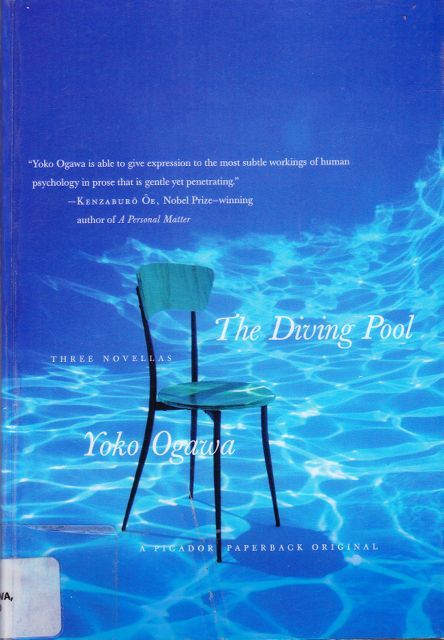
Books with Beautiful/Ugly Pictures in Them
Dal Tokyo by Gary Panter
Breakfast of Champions by Kurt Vonnegut
I Think I Am in Friend Love with You by Yumi Sakugawa
Books That Are Difficult to Classify
The Cat Inside by William S. Burroughs
Young God by Katherine Morris Faw
Binary Star by Sarah Gerard
How to Get into the Twin Palms by Karolina Waclawiak
Crazy Horse’s Girlfriend by Erika Wurth
Books With Short Stories in Them
Backswing by Aaron Burch
Black Cloud by Juliet Escoria
Black Candies: See Through edited by Ryan Bradford
Esther Stories by Peter Orner
What Happened Here by Bonnie ZoBell
Books I Recommend Without Reservation
Novel: Station Eleven by Emily St. John Mandel
Short Story Collection: Karate Chop by Dorothe Nors
Poetry: The Yearning Feed by Paul Lopez
Nonfiction: Call Me Burroughs: A Life by Barry Miles
Book That Had the Biggest Impact
Doctor Benjamin Franklin’s Dream America by Damien Ober
For most of the year I thought Brandon Hobson’s Deep Ellum would be the one. His haunting look at a family in crisis has stayed with me in a way that most books don’t. Then I got my hands on Ober’s amazing novel. Hugely ambitious and mind-bendingly high concept, the book tells the story of every signer of the Declaration of Independence at the moment of his death. That’s over 50 narratives spread out over 60 years. But wait there’s more. The America these Founding Father’s inhabit is not our own: they’ve battled three iterations of a plague spread by the Internet, interference from alien species, and a sea monster. That sounds like a farcical comic book of a novel. It’s not. It’s strangely moving and hugely compelling. Usually, the novel that makes the biggest impact is one that shows me a way forward in my own work. Not this time. While Doctor Benjamin Franklin’s Dream America shattered my thinking as to what a novel can be and do, I’m content to admire it and marvel at how it was put together. (Ober offers some clues in this interview we conducted at The Rumpus.) Doctor Benjamin Franklin’s Dream America, was published by Equus Press, a publishing company based in the UK that also publishes Louis Armand’s novels. They’re beautiful books, but they’re hard to find. If I were an enterprising American indie publisher, I’d look for a way to get Ober and Armand’s books published over here…
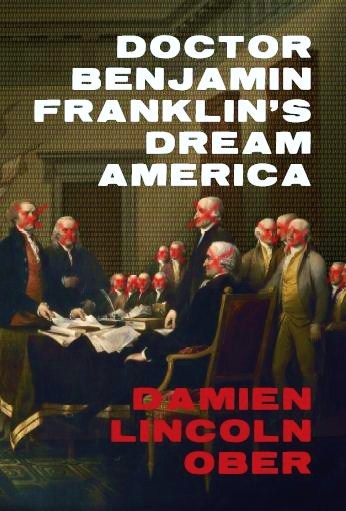
In 2015 I’m looking forward to reading more crime, mysteries and noir. I’m also going to be reading more memoirs by musicians (please send me your recommendations). At the moment, I’m reading new a novel by Barry Gifford, a writer who had an enormous influence on me, both in his work and in the work he championed when he put so many out-of-print pulp writers back in circulation with Black Lizard.

